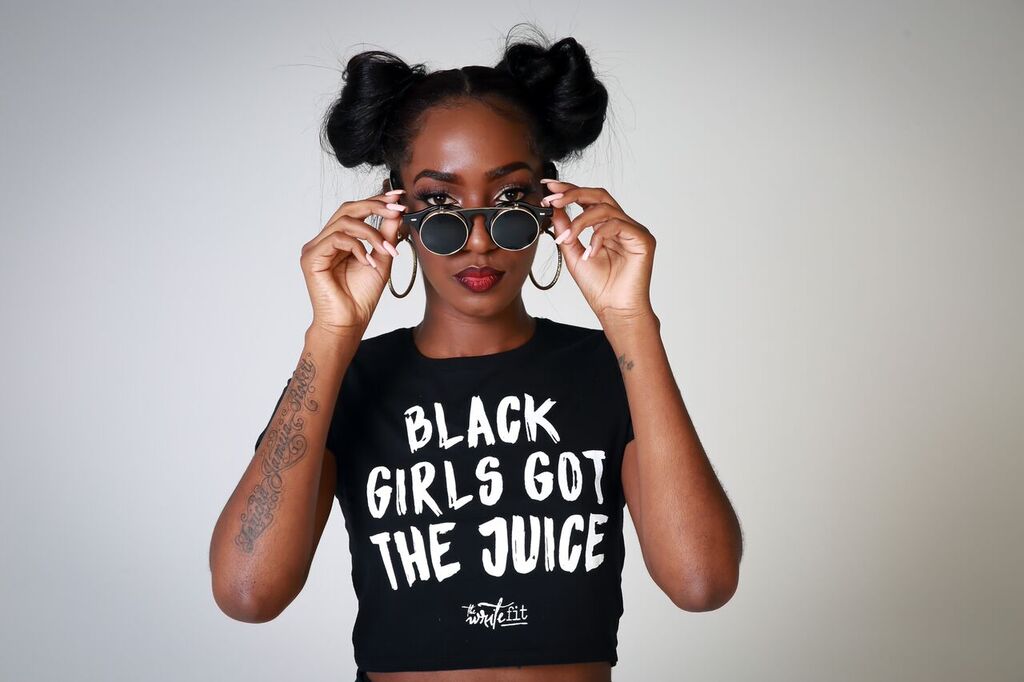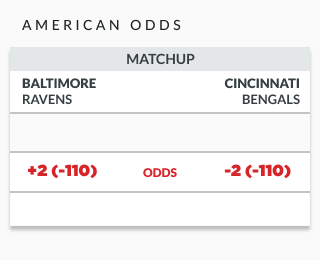Juice is another name for vig, which is the cut or amount charged by a sportsbook for taking a bet. The sportsbook only collects the juice if the bettor loses the wager. For example, a point spread is often listed with -110 odds. If the Eagles are -6.5 point favorites, that would be at -110 odds. If there was no juice, it would be at even odds, or +100. With the juice, a $100 bet would result in a $190 payout. You might hear this small profit margin for the sportsbook called the “juice” by some sports bettors. Point spread FAQs What does ‘pick em’ or ‘pick’ mean in NFL betting? A “pick em” (sometimes seen as “pick”) is when the teams have a point spread of zero, meaning neither team is favored. In-Play Betting: Another term for live betting, in-play betting is wagering that takes place while a game or event is running. Due to the fluid nature of the game or event, in-play betting lines adjust on the fly. Juice: Another term for the “vig” or “rake,” which is the money a sportsbook or sports betting.
There are several very important terms and phrases you need to know if you have your sights set on becoming a sports bettor who has even the slightest idea of what you are about to bet on. Doc’s Sports “How To” section has you covered for everything you need to know, but this may be one of the most important phrases to know when betting on sports that use a point-spread. Sure, money line, juice, totals, covering the spread and bad beat are all important words and phrase to know, but “laying the points” is something the general public loves to do.
What Does Laying the Points Mean?

If you walk up to any professional better and ask them who they are thinking about betting in the Monday night football game, you will likely get one of two phrases. They will likely either say they are laying the points with the favorite or taking the points with the underdog. “Laying the points” as a phrase simply means to bet on the favorite team to win by the already set point spread line. For example, if you like the Dallas Cowboys to dismantle the lowly Detroit Lions and the line is set at Dallas (-6.5), this means the Lions will hypothetically start the game up 6-0, which means the Cowboys have to win by seven in order to cover the spread and turn your bet into a winner. The opposite of this would be “taking the points” which I will touch base on more thoroughly down the road. To sum it up, taking the points is a betting on the underdog, which in this case would be Detroit (+6.5). Anything other than a Dallas win by seven points or more, would make your ticket a winner.
Is Laying the Points a Good Idea?
The answer to this question really depends on who you are betting and what the point spread is. There is a saying amongst bettors which states: good teams win, but great teams cover. The general public is prone to making the same mistake time and time again. They will be betting on a favorite to win the game, despite not understanding how many points they have to lay in order to actually win their bet. If you want to bet on the great teams of the NBA and NFL – think Golden State and New England – the money line will usually be set at a price that can’t be played, thus forcing you to lay the points with either team. Remember, good teams win, great teams cover. While New England and Golden State may win the game outright- with ease, the likelihood of them covering the high, inflated point spread won’t be very high, thus making them bad options to lay the points with.
If you are a fan of the team you are going to lay the points with, I would advise you to look elsewhere first. There is nothing worse than watching your favorite team win, but costing you money because they couldn’t cover the point spread.
How to Understand Which Team is Laying Points
If you are new to betting and happen to find yourself completely confused while staring at an NFL or College Football game list for any given weekend, don’t worry you’re not alone. Reading the point spread can be tricky for starters which is why I am going to explain it as simply as I can.
When you look at the list, you will see two teams. Most times, the home team will have a spread beside their name like (-3) or (+6). Any time you see a minus sign (-3) beside their name, that home team is the favorite, which means they are laying points against their opponent. If the home team has a plus sign (+6) beside their name, they are the underdog, which means the away team is laying points and is tasked with covering the pointspread.
What Does 150 Mean In Betting
Just as a point of reference, typically spreads have half-points associated with them, meaning lines will be -3.5 or +6.5. This is to ensure their will be a for-sure winner against the spread. If the number is whole, like -3 or -6 and the score ends with a differential of that number, it is deemed a push. In this case, the winner did not lay the points or take the points and your money is returned in full.
Doc's Sports is offering $60 worth of handicapper picks absolutely free - no obligation, no sales people - you don't even have to enter credit card information. You can use this $60 credit any way you please for any handicapper and any sport on Doc's Sports Advisory Board list of expert sports handicappers. Click here for more details and take advantage of this free $60 picks credit today .
If you are just starting out in your sports betting adventure, you might have heard the terms “juice” or “vig” many times, but likely don't know what it means. Here we will explain what is juice (or what is vig) and how it all works in the sports betting world.
What is Juice? Juice Explained
Juice or “vig” is simply the percentage a sportsbook “charges” for offering odds on sports betting events.
What Does Mean In Betting 110
As we all know, there are no membership fees to join and bet at a sportsbook and contrary to the popular belief, the sportsbooks don't make money from the people that lost their bets. Well, we should probably say that their goal is not to have losers betting, but have equal amounts on each side of the bet. Naturally, this is nearly impossible to achieve, so the sportsbooks do sometimes make money from people losing their bets and other times can get obliterated by winning bettors. But that's a topic of a different conversation.

Getting back on track to the “juice” and “vig”, which are two sports betting terms describing the exact same thing. The sportsbooks have built-in profit maker in the odds, which many bettors refer to as “juice” or vig, which is short for vigorish. The most simple way of explaining and understanding juice in betting is to think of it as a percentage of each bet the book charges the bettor, or if you are a poker player – look at it as a rake.
What Does Juice Mean In Betting
How Juice works? / How vig works?
With most betting lines, the juice is not really apparent, but you can spot it and understand it completely if you look at one popular betting option -the over/under bet. If you pick a sport and look at the over/under lines, let's say and NBA game, you will see something like:
Total 201.5 points
Over: -110
Under: -110
You know how the total bet works – the sportsbook selects the most likely total of the scores of each team and then offers odds on whether the actual score will be over or under that total. If the sportsbook's odds makers did their job, both over and under will have 50% chance of occurring. Yet if you look at the odds, you will see that they are not “even”, as one would expect, but -110, i.e. you have to bet $110 to win $100. Where did the extra $10 come from? Well, my friend, that's exactly what the juice is and how the vig works. The sportsbook tries to get even amount of money on each side of the bet, in this example case the over/under on the NBA game, and juices up the odds to make profit from both sides of the bet. If ten people bet to win $100 each on over (i.e. $110 wagered per bettor) and ten people bet to win $100 on under, in the end, the money will simply travel from one side to the other. But the sportsbook, thanks to the juice, will make cool $200 ($10 vig on every bet) fee for offering the odds. While it's not as easy to see the juice on most betting lines, know that it's always there.

Low Juice Sportsbooks
While every sportsbook will charge vig, or have juice in the odds, otherwise it would be one very risky and most likely, unprofitable operation, not all sportsbooks have the same juice in the odds. The industry standard among the top sportsbooks is the so-called dime line. You can read more about it in our betting glossary. And there are betting sites with extremely high juice, praying on unsuspecting recreational bettors, those should be avoided at all costs, no matter how little you may bet. There is no need to throw away your money and we will never have a high vig sportsbook listed among the sportsbooks we recommend.
On the other side, there are low juice sportsbooks, although not many of them, to be perfectly honest. One of the most popular and reputable low-juice sportsbook is 5Dimes, which has always offered low juice lines on all their betting markets and is The Low Juice Sportsbook for US players. Another trusted low juice sportsbook is Pinnacle, which unfortunately does not allow players from the USA to join and bet with them. Those two sportsbooks are a perfect example of low juice sportsbooks and you can visit them to compare odds with other betting sites to see examples of the vig we explained earlier.
<< Back to Betting Glossary